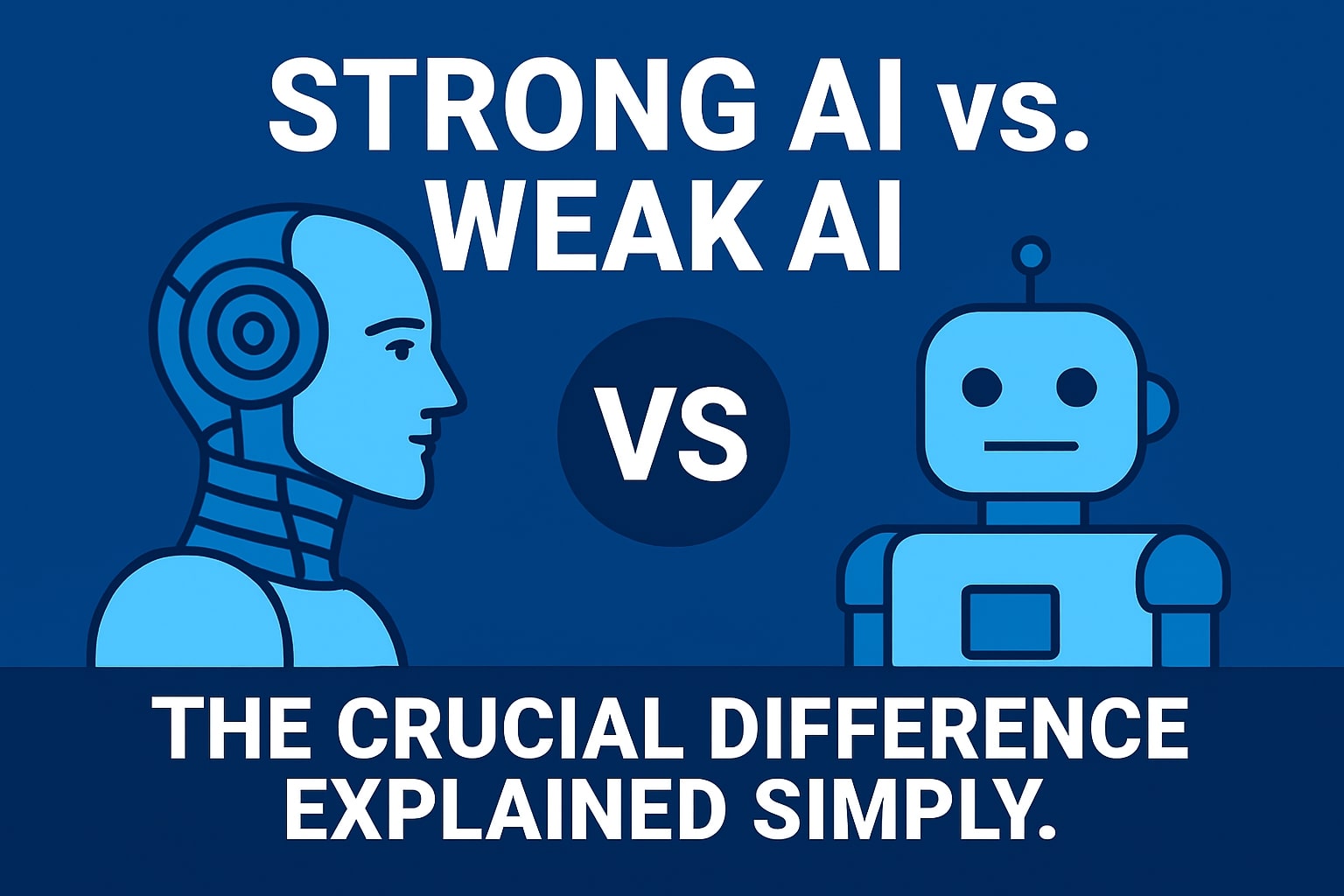Historically, business decisions were guided by experience, intuition, and fragmented data. Today, Artificial Intelligence in business decisions is changing the game. AI transforms decision-making from reactive guesswork into proactive, data-driven insights. Here’s how AI informs and empowers strategic business decisions across every department.
From Descriptive to Prescriptive Analytics with Artificial Intelligence in Business Decisions
AI moves businesses beyond simply understanding what happened (descriptive analytics) to knowing what actions to take (prescriptive analytics). Artificial Intelligence in business decisions ensures leaders can predict outcomes and make more confident choices. For more on this, see our guide on AI in data analytics.
| Type of Analytics | Question it Answers | Example | AI’s Role |
|---|---|---|---|
| Descriptive | What happened? | Sales were down 10% last quarter. | AI aggregates and visualizes data. |
| Diagnostic | Why did it happen? | A competitor launched a new product. | AI finds correlations and patterns in data. |
| Predictive | What will happen? | Sales are predicted to fall another 5%. | AI builds models to forecast outcomes. |
| Prescriptive | What should we do? | Launch a targeted promotion and accelerate our product roadmap. | AI simulates scenarios and recommends actions. |
Key Areas Where Artificial Intelligence in Business Decisions Makes an Impact
1. Strategic Decisions (Where to Play?)
Example: Entering a new market or launching a new product line.
AI’s Role: Artificial Intelligence in business decisions can analyze global market trends, consumer behavior, and competitor strategies to identify opportunities and risks. For startups, learn more in AI strategies for startups.
2. Operational Decisions (How to Win?)
Example: Setting prices, managing inventory, allocating resources.
AI’s Role: Artificial Intelligence in business decisions enables dynamic pricing, supply chain optimization, and resource allocation automation. Explore real-world examples in AI in business operations.
3. Financial Decisions
Example: Budgeting, forecasting, investment strategies.
AI’s Role: AI enhances financial decision-making by providing accurate cash flow forecasts and analyzing investments. Learn more at Investopedia on AI in Finance.
4. People Decisions
Example: Hiring, promotions, retention strategies.
AI’s Role: Artificial Intelligence in business decisions can identify top candidates, predict employee turnover, and recommend development paths. Read more in AI in HR.
Human-AI Collaboration in Business Decisions
AI complements human insight. The best results occur when:
- AI provides the “What”: Data, predictions, and suggested actions.
- Humans provide the “Why”: Context, ethics, creativity, and final judgment.
Think of it as a GPS for business: AI calculates the optimal route, while humans adjust based on broader goals and strategy.
Getting Started with Artificial Intelligence in Business Decisions
- Break down data silos: Integrate data across departments for better AI insights.
- Start small: Focus on a key decision to see measurable impact.
- Use BI tools with AI: Platforms like Microsoft Power BI, Tableau, and Looker help leaders implement AI seamlessly.
Leveraging Artificial Intelligence in business decisions reduces uncertainty, mitigates risks, and empowers leaders to act with clarity and confidence.

